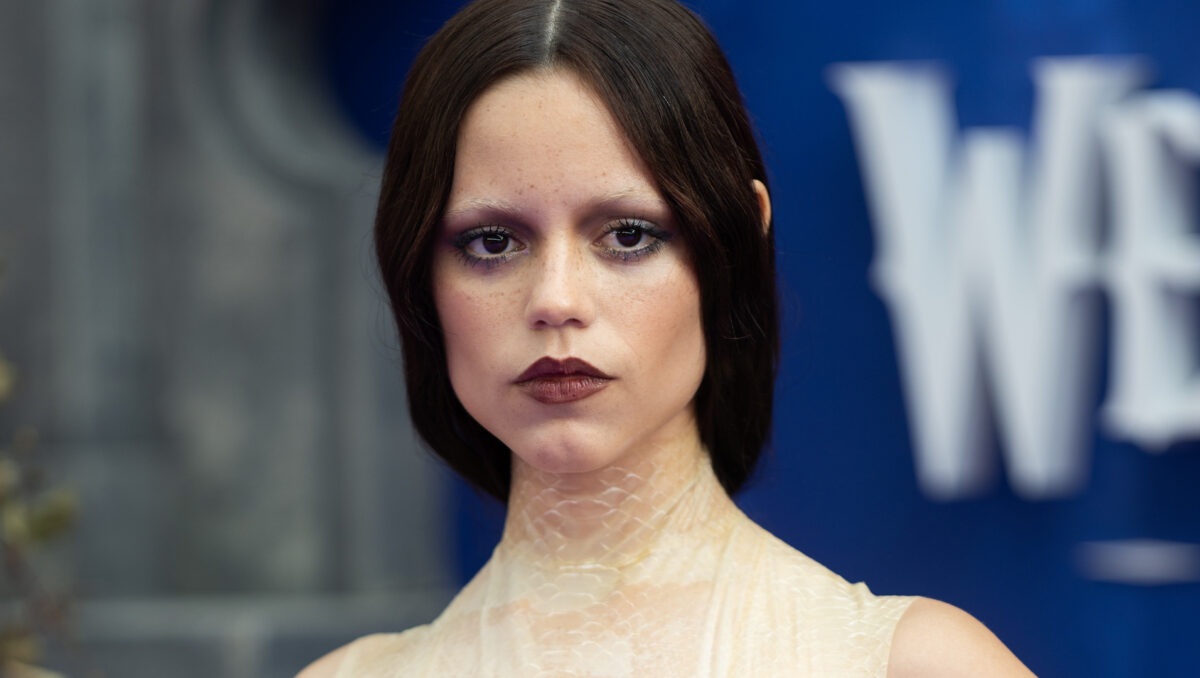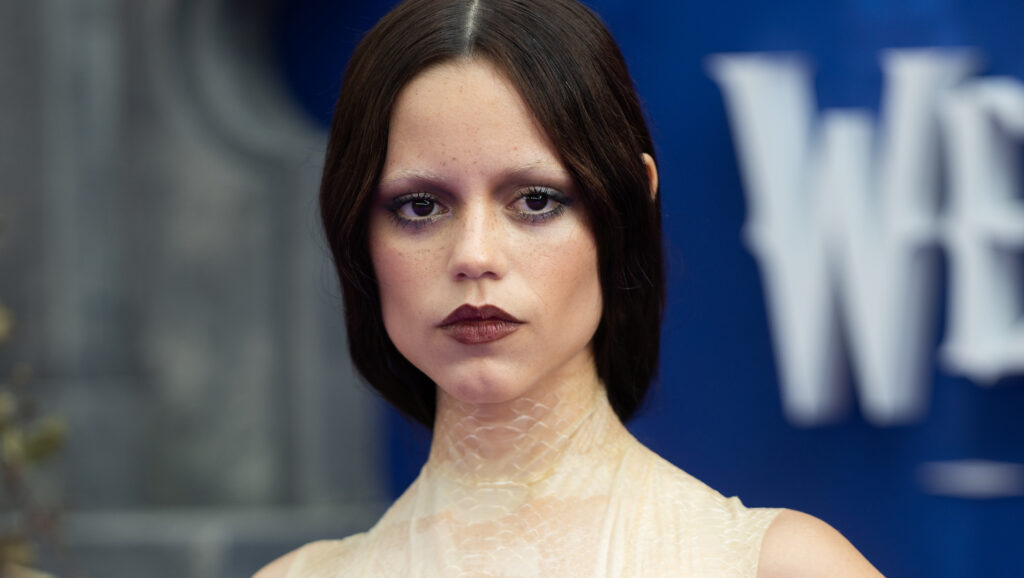

Check out the featured post and read more here: https://www.christianity.com/wiki/current-events/does-the-tired-girl-trend-glorify-burnout.html
You look in the mirror and see bags beneath your eyes. You’re not sure the last time you slept more than 5 hours a night, but the look is definitely showing. On top of that, wrinkles now adorn your once “baby skin” forehead. You’re puzzled as to where they’ve come from, but according to the media, these lines shouldn’t be appearing—especially at just 29. But instead of covering it up, a new thought crosses your mind, something you saw on TikTok a few weeks ago that might have a valid consideration.
A new beauty trend called “tired girl makeup” is making waves on social media channels like TikTok and in celebrity culture. With smudged eyeliner, droopy eyes, and under-eye shadows, the look mimics exhaustion—and embraces it. No more pretending to be tired when that’s how you feel inside.
While some see this trend as authentic and relatable, others warn it glamorizes burnout, especially for women juggling work, social pressure, and internal insecurity. The popularity of this trend reflects a deeper cultural fatigue that even fashion can’t hide. So, here’s my question: when weariness becomes an aesthetic, how can the Church offer real rest for the soul—and not just a new look for the pain? If and when weariness has become trendy, how can the Church point people to the real rest Christ offers?
A Point of Cultural Identity
Culturally, burnout is nothing new to the 21st-century. According to Forbes, the year 2025 marks an all-time high for performance drive burnout at work at 66%. Sadly, this doesn’t just impact adults, but millennials and Gen Z as well. Deloitte reports that 84% of millennials say they’ve experienced burnout at their current job, while CNN notes that 81% of teens aged 13-17 feel pressure and burnout towards a variety of issues. In the hustle culture in which we live, burnout isn’t just accepted but pressured by society. We’re driven by constant performance, so when fads like this come along, we identify.
Most of us don’t need makeup to look tired, but celebrities and influencers like Lily Rose-Depp, Gabbriette, Emma Chamberlain, Danielle Marcan, and Lara Violetta are using the look and showcasing it to relate to their audiences in a deeper and more intimate level. Again, while some find this look “relatable” or “refreshing,” a break from the constant need for perfection, others see it as dangerous—normalizing overwork and exhaustion, especially for women. Does the “tired girl” look reflect a society that doesn’t just experience burnout but has begun to aestheticize it? If so, how do we respond?
What Does God Say About Weariness
Burnout isn’t new, but Scripture does speak to it often. Instead of wearing it as a badge of honor, many of us need to remember Jesus’ words about rest and productivity in verses like Matthew 11:28-30, Psalm 127:2, Isaiah 40:29-31, and Mark 1:35:
* In Matthew 11:28–30, Jesus tells us to “Come to Him” and “He will give us rest.” That rest isn’t contingent on the work we do, but on whose presence we reside.
* In Psalm 127:2, the greatest workaholics in all of us should be convicted. Yes, working hard is good and important, but “In vain you rise early and stay up late… for God grants sleep to those He loves.”
* In Isaiah 40:29-31, we see that God gives strength to the weary. When we rely on Him as our source of rest and obey His command to Sabbath, we take the pressure off ourselves. We don’t need to live in a state of constant over-productivity and busyness.
* Remember friends, even Jesus in Mark 1:35 and many other times in the Scriptures withdrew to rest. Perhaps that was a reminder to all of us that rest was made for our benefit.
If you’re like me and struggle to not give in to the burnout culture surrounding you, I’d suggest one small reflection: True, eternal, and holy rest isn’t about working ourselves to death or glamorizing exhaustion but surrendering to God’s rhythm of rest, renewal, and dependence on Him.